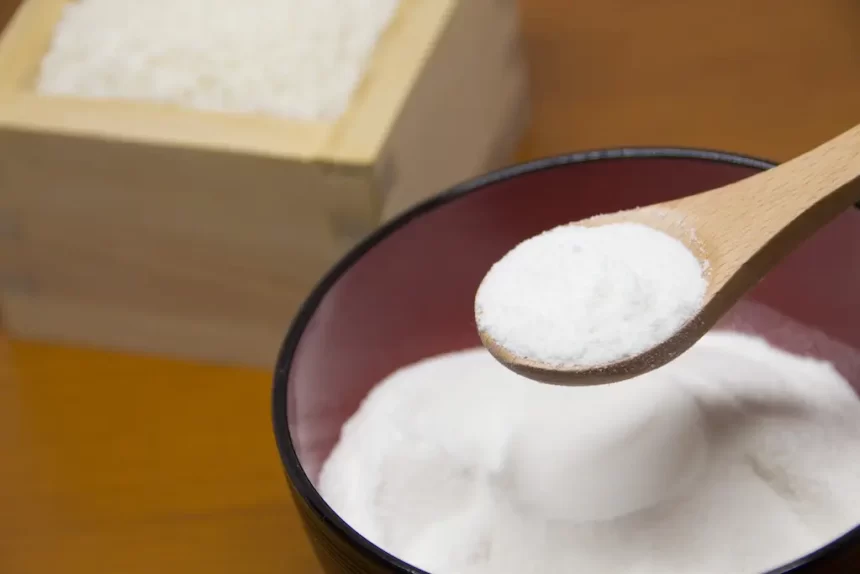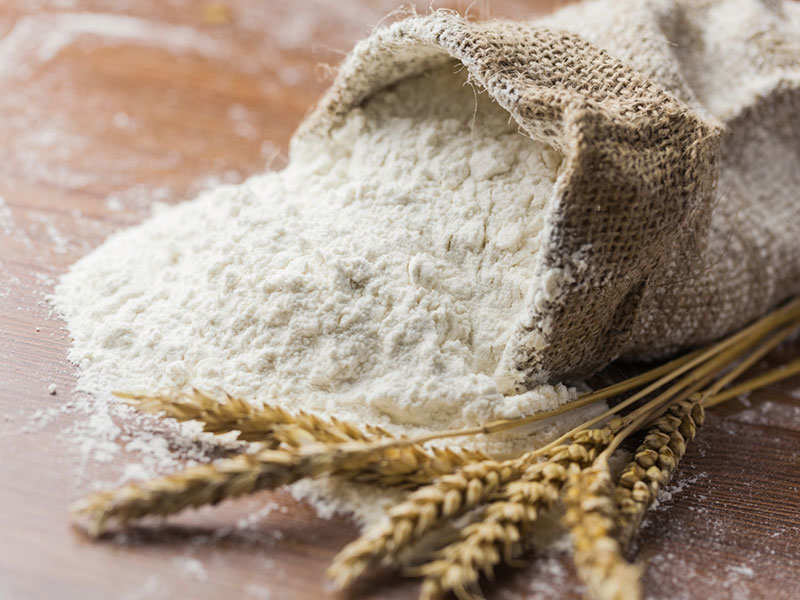Are you looking for a potato starch substitute? There are many reasons why people might want to replace the starchy staple with a healthier alternative. Some people have gluten allergies and cannot eat potato starch, and others may be on a low carb diet. The good news is that there are plenty of substitutes out there that can help you meet your needs!
What Is Potato Starch?
Potato starch is a white, powdery substance that’s used as a thickening agent in many foods. Potato starch is also known by several other names, including potato starch flour and potato starch flour. Potato starch can be made from raw potatoes or leftover cooked potatoes.
:max_bytes(150000):strip_icc()/20210714-potato-starch-fried-chicken-vicky-wasik-seriouseats-3-680e099d7beb4cdb8fded57b682ab81f.jpg)
Potato starch has about twice the thickening power of wheat flour, so you need less of it to thicken a dish. It’s most commonly used in cooking in sauces in Asian dishes such as gravy and soups. Potato starch is sometimes substituted for cornstarch because it doesn’t contain high quantities of gluten like regular wheat flour does.
However, some people who are allergic to corn may also be allergic to potato starch since they’re both from the same plant family, the Potato genus. Potato starch is also sometimes used as a binding agent in gluten-free baked goods. Potato starch contains mostly carbohydrates, with smaller amounts of protein and fat, so it’s considered to be a carbohydrate.
Uses of Potato Starch
Potato starch may be used to thicken soups, sauces, and gravies due to its high boiling point. Unlike other starch replacements, it does not get foggy when added to food. It does not absorb salt and is thus safe to use in meals.
Additionally, it may be used to create cakes and pastry dough. It imparts a shiny and glossy appearance to baked goods.
It may be used in place of potato flour. It may be used with equal parts wheat flour or rice flour to get comparable effects.
It is often used in pasta, sauces, baked products, cheese, and processed meat. It is used to bake and gelatinize food uniformly. Additionally, these foods have a longer shelf life.
Substitute For Potato Starch
1. Cornstarch
When searching for potato starch substitutes, cornstarch is a common choice. Because corn starch is almost similar to potato starch, you can substitute the same quantity of corn starch for the potato starch.

Cornstarch inhibits the formation of gluten and imparts a crisp feel to the coat. Additionally, it will absorb moisture. Corn starch and potato starch should be used in the same proportions. Use to fry. Cornstarch may help crisp up your chicken fried.
2. Arrowroot Powder
Gluten is required for potato starch to be used in the production of noodle and pastry products. Gluten-free food products are gaining popularity. The same holds true for the manufacturing processes used to create gluten-free food products.
 Gluten-free cakes and noodles may be made by replacing arrowroot starch for potato starch. Additionally, arrowroot flour is referred to as arrowroot flour. It may be substituted for potato starch. Two tablespoons arrowroot root starch corresponds to one tablespoon potato starch.
Gluten-free cakes and noodles may be made by replacing arrowroot starch for potato starch. Additionally, arrowroot flour is referred to as arrowroot flour. It may be substituted for potato starch. Two tablespoons arrowroot root starch corresponds to one tablespoon potato starch.
3. Wheat Flour
If you’re searching for a potato starch replacement, this is another excellent choice. This flour is suitable for baking, but it may also be used to thicken meals via frying or thickening. If wheat flour is to be used as a thickening, twice the quantity of potato starch. Wheat flour contains gluten.
4. Rice Flour
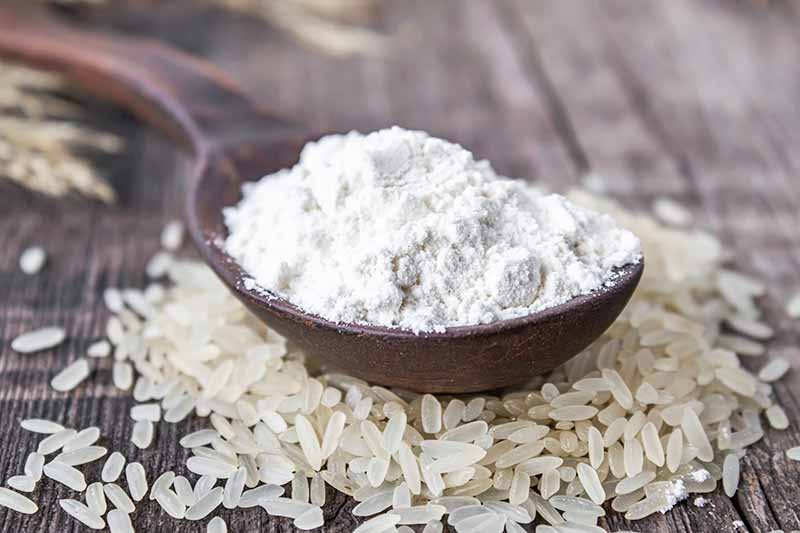 Rice flour is almost identical to wheat flour but is gluten-free. Before beginning a dish using rice flour, you will need to create a thickening roux.
Rice flour is almost identical to wheat flour but is gluten-free. Before beginning a dish using rice flour, you will need to create a thickening roux.
5. Tapioca Starch
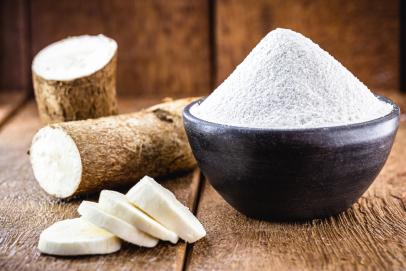 This starch is an excellent option if you want to add sweetness to your meal. It is also known as tapioca flour or tapioca flour. Tapioca starch is a more refined starch than potato starch. Increased tapioca starch should be used.
This starch is an excellent option if you want to add sweetness to your meal. It is also known as tapioca flour or tapioca flour. Tapioca starch is a more refined starch than potato starch. Increased tapioca starch should be used.
Tapioca starch is ineffective in acidic solutions. When these two are combined, the capacity to thicken is lost. It is recommended that you use it for pie fillings.
6. Coconut Flour
 Coconut flour is a great substitute for vegans who want to follow a vegan diet.
Coconut flour is a great substitute for vegans who want to follow a vegan diet.
You must use caution while using this component. It imparts a distinct texture to your meal and may change its look. We suggest reducing the quantity of coconut flour to around 15%. Otherwise, the dough would be too tough to deal with.
7. Water Chestnut Flour
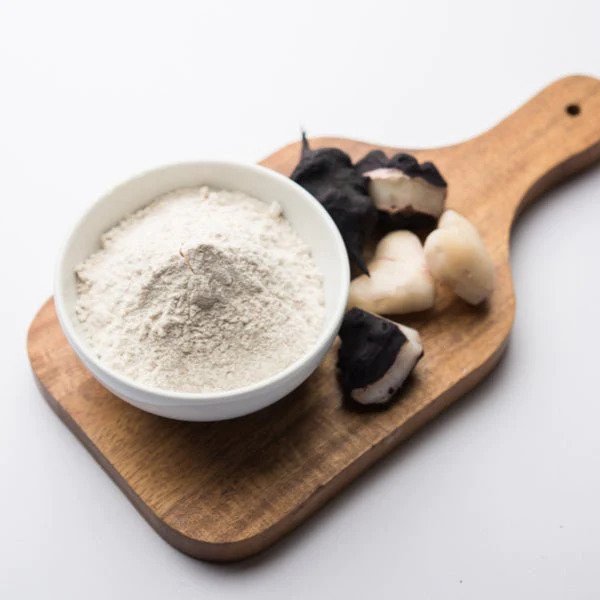 Additionally, we like chestnut flour. Its taste is mild, sweet, and smokey. It may be substituted for potato starch in a variety of recipes. Additionally, it is gluten-free.
Additionally, we like chestnut flour. Its taste is mild, sweet, and smokey. It may be substituted for potato starch in a variety of recipes. Additionally, it is gluten-free.
8. Bread Crumbs

In Japan, bread crumbs are used to create hamburg steak. When a recipe asks for potato starch, bread crumbs may be substituted. Bread crumbs may be used to seal in the taste of hamburg steak (umami).
9. Almond Flour
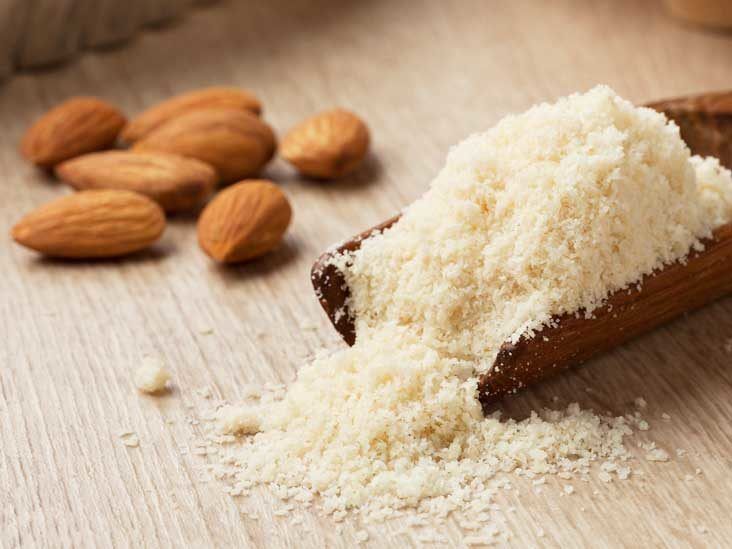 Almond flour is a nutritious substitute for potato starch. Almond flour is a good source of vitamins and minerals that may benefit your overall health.
Almond flour is a nutritious substitute for potato starch. Almond flour is a good source of vitamins and minerals that may benefit your overall health.
Almond flour is an excellent option for this recipe due to its sweet and nutty taste. It is most often employed in the production of sweet goods.
10. Quinoa Flour
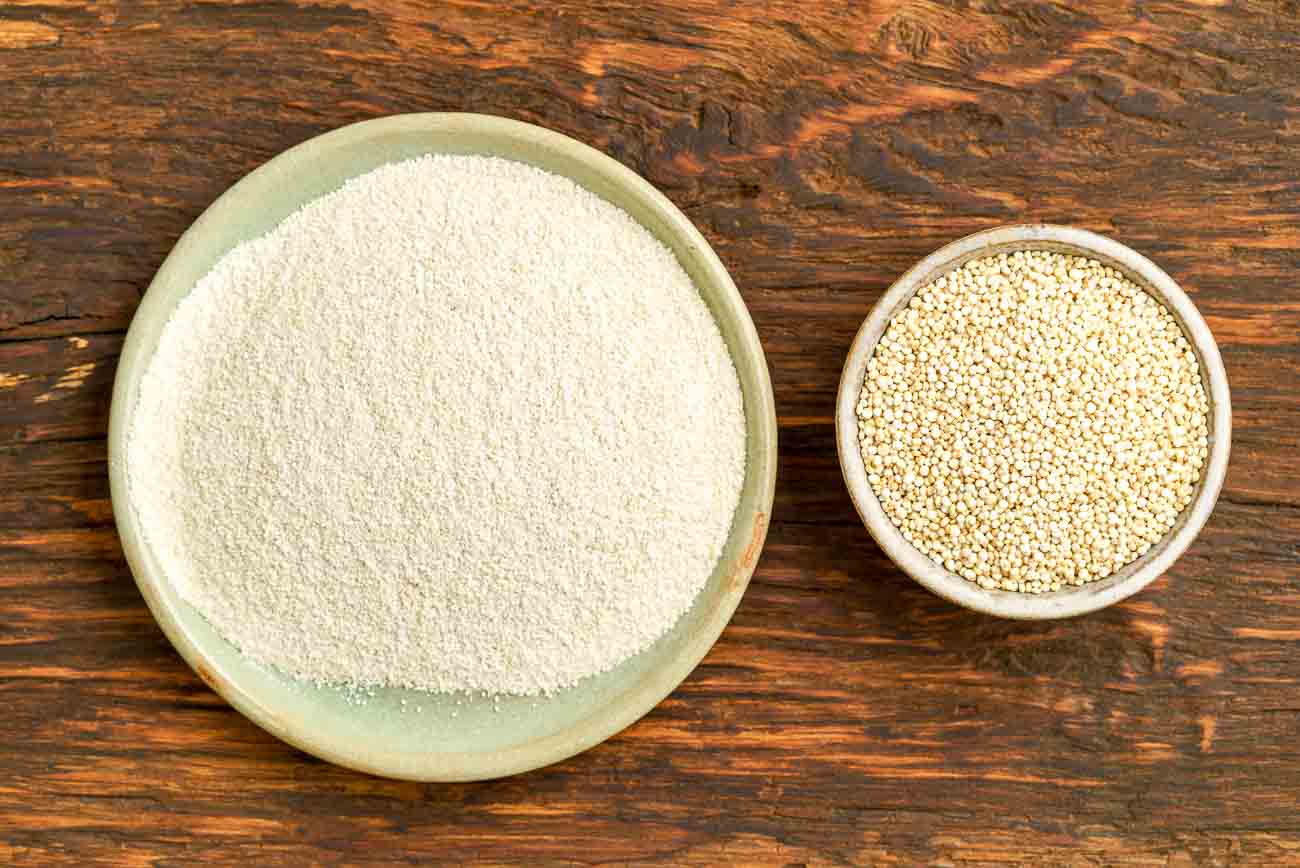 Quinoa flour, a gluten-free alternative to potato starch, provides another source of protein. Bear in mind that quinoa flour has a harsh taste.
Quinoa flour, a gluten-free alternative to potato starch, provides another source of protein. Bear in mind that quinoa flour has a harsh taste.
11. Oat Flour
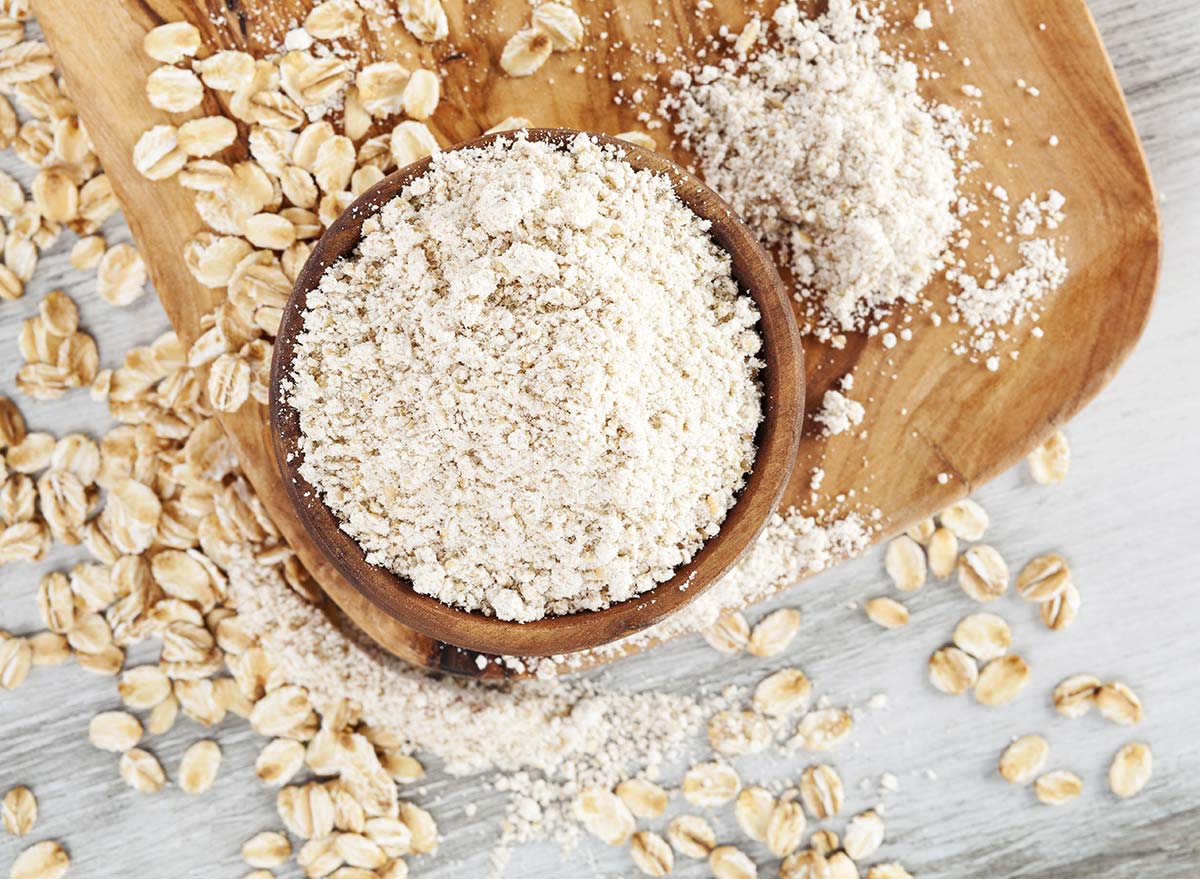
Oat flour is a healthy flour that may be used in a variety of recipes. Oat flour is a whole grain product with a mild, nutty flavor. Additionally, it is gluten-free and may be used in a variety of dishes. It may be substituted for potato scratch in a variety of recipes, including sweet baked items and bread.
12. Egg
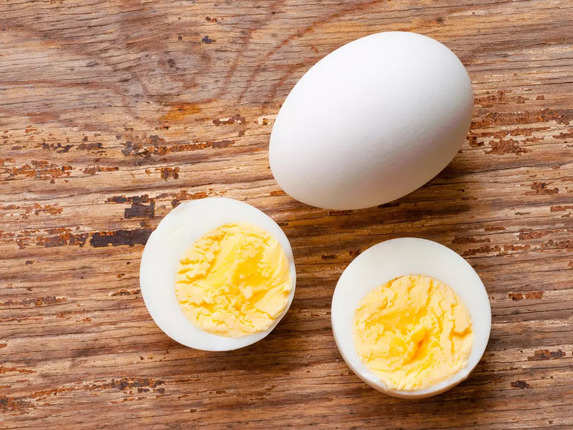
13. Sugar
 Additionally, sugar may be used to thicken jams. When the jam is cooked, it will thicken.
Additionally, sugar may be used to thicken jams. When the jam is cooked, it will thicken.
14. Mochi Flour
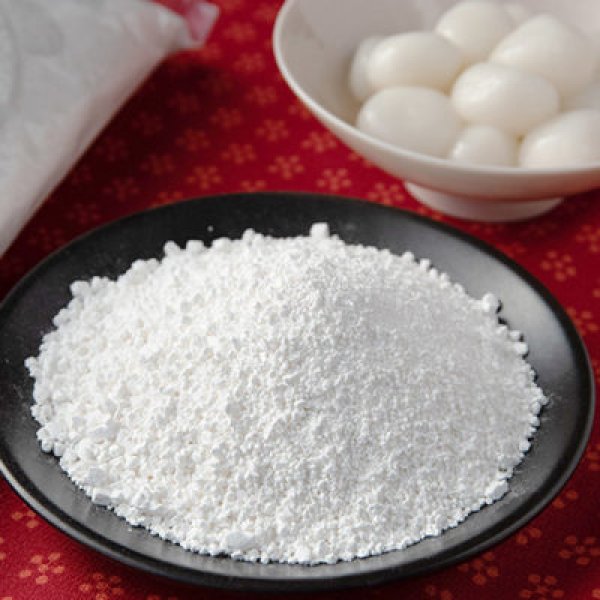 Mochi flour, a kind of sticky rice flour, is mostly used in baked goods. It tastes slightly sweet and creamy. It is equivalent to potato starch in terms of quantity.
Mochi flour, a kind of sticky rice flour, is mostly used in baked goods. It tastes slightly sweet and creamy. It is equivalent to potato starch in terms of quantity.
Conclusion
The article provides information on the substitute for potato starch. It is important to understand how this ingredient works in order to create substitutes that are healthier and tastier than what you would get with potatoes. For example, if a recipe calls for one cup of potato starch there are other options including arrowroot powder or tapioca flour which can be used instead. If you have any questions about these substitutions please leave a comment below!
